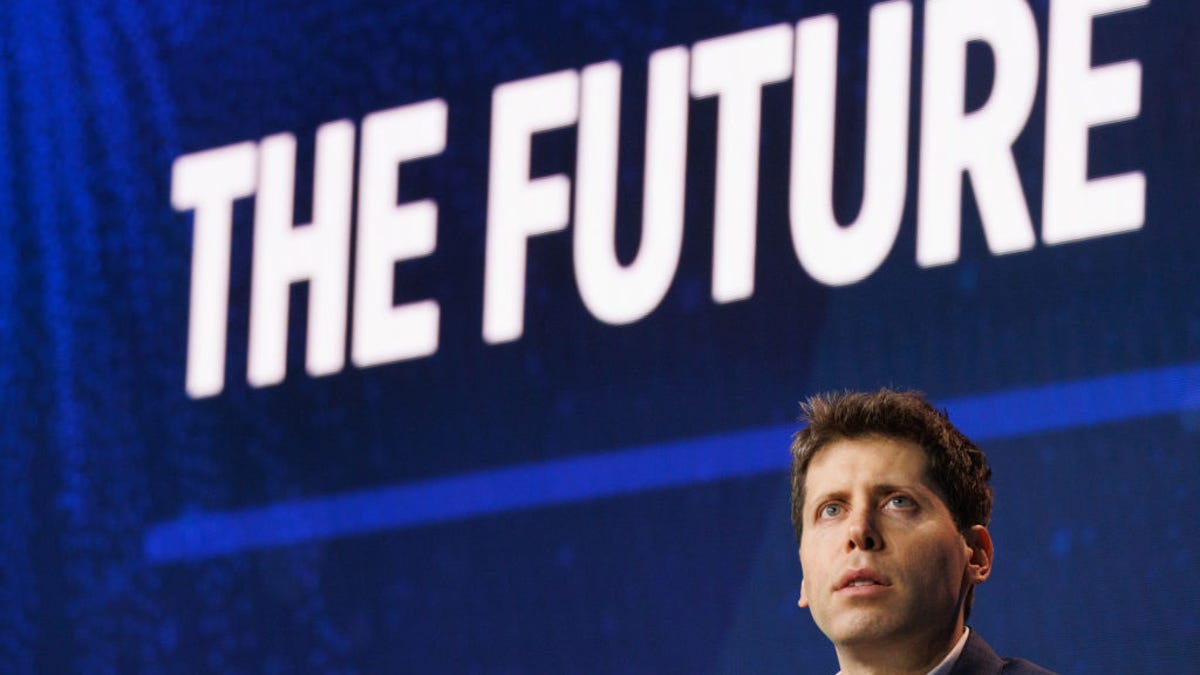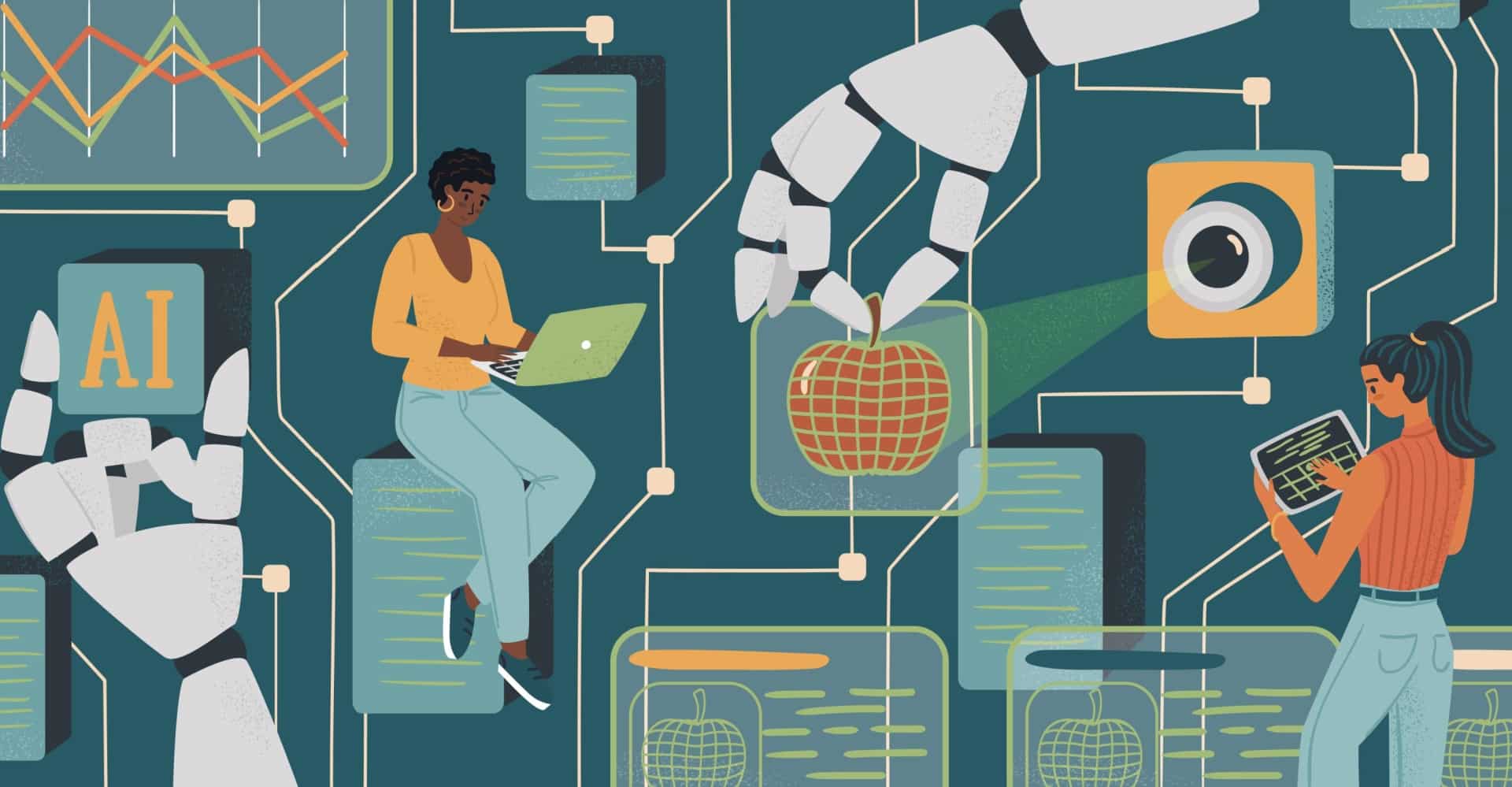Every time a astrologer, healer, or random individual on the street predicts the apocalypse on a specific date, my skepticism is triggered.
If I possessed knowledge of the world’s imminent demise, I wouldn’t casually disclose it to everyone. Instead, I would seek out the most exquisite experiences before the planet’s final moments.
Yet, as we confront the rapid advancement of AI, doomsday prophecies abound.
OpenAI, the creator of ChatGPT, initially contributed to the alarm. Just last October, OpenAI’s then-CEO Sam Altman pondered the potential threat of AI leading to humanity’s demise.
Altman suggested, “Addressing the risk of extinction from AI should be a global priority on par with other large-scale threats like pandemics and nuclear warfare.”
This perspective did not alleviate the concerns of those already anxious about the idea of AI dominance; instead, it exacerbated their fears and weighed heavily on their minds.
Shifting Perspectives
However, Altman, now back as OpenAI’s CEO, appears to have moderated his stance recently. Even more encouragingly, he seems to be taking actions to ensure not only our survival but also our peace of mind in the remaining time.
Just last week, Altman announced OpenAI’s commitment to safeguarding the upcoming US elections from interference by malicious actors exploiting AI for their own agenda.
Yet, it was another statement of his that might bring a sense of relief to skeptical and troubled minds.
During the World Economic Forum, Altman adopted an unusual optimism, stating that AI “will have a much smaller impact on the world and job market than we anticipate.”
It’s evident that not everyone shares the same viewpoints. Each day, as I scan the news with bleary eyes, I encounter perspectives and actions that diverge significantly from my own.
Nevertheless, Altman seems to acknowledge the widespread unease regarding the potential implications of AI and the speed at which it could transform or disrupt lives.
And he aims to convey that the changes may not be as drastic as anticipated.
Acknowledging Uncertainty
Setting aside my inherent skepticism for a moment, I find Altman’s recent statements compelling. They starkly contrast with the declarations made by tech leaders in the early days of the internet.
Back then, companies like Google and Facebook simply wanted to operate without hindrance because they believed they were “improving the world.”
Their rationale was clear to them, and they considered themselves too sophisticated for the average person to comprehend their objectives.
In contrast, Altman shows an awareness that exaggeration and panic may not be suitable approaches in today’s rapidly evolving landscape.
This shift could be partly influenced by the possibility of government intervention. By tempering his forecasts, Altman appears more rational.
It may also be related to the circumstances that led to Altman’s brief removal from OpenAI by those less enthusiastic about unbridled profit-seeking.
Nevertheless, one can appreciate his efforts and perhaps be somewhat surprised. Even in a recent interview, Altman acknowledged that as AI becomes more customizable, “many people will feel uneasy.”
He recognizes AI as an “incredible productivity tool.” Having utilized it extensively myself – not for this column, of course – I can attest to its remarkable efficiency.
However, its prowess in video production surpasses – and challenges – its writing capabilities. Indeed, ChatGPT often generates content akin to a fifth-grade-level project by a reclusive, antisocial professor!
Embracing Change
As the hype subsides, the practical applications of AI may be evaluated based on their merits. Even the apprehensive, the unsettled, and the doubtful could gradually acknowledge AI’s presence, advantages, and inherent limitations.
We are entering intriguing times – even more so – and it is worthwhile to emerge from our shelters and take an active interest in the ongoing developments without excessive trepidation.
No, that was not a political statement, but I was curious to hear ChatGPT’s perspective.
“Is it beneficial to engage with current events and remain aware of our surroundings?” I inquired.
“While I do not hold personal opinions, I can offer insights,” the AI responded. “Remaining informed about current affairs is crucial for making informed decisions, engaging in meaningful dialogues, and staying abreast of developments that could impact your life.”
It then shared some personal thoughts: “Having knowledge about ongoing events can foster a sense of community and a deeper understanding of the world.”
Ah, the sense of community surrounding contemporary events. Wouldn’t it be delightful if AI could facilitate more of that?










